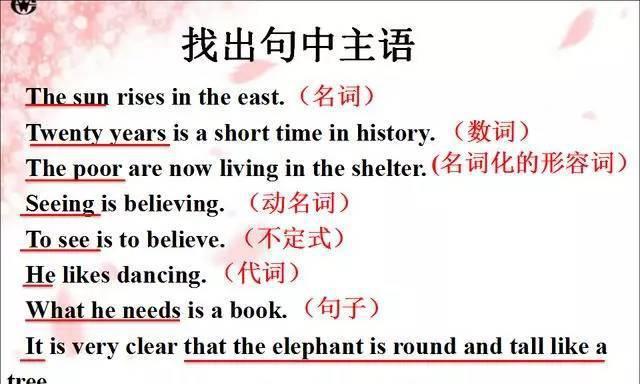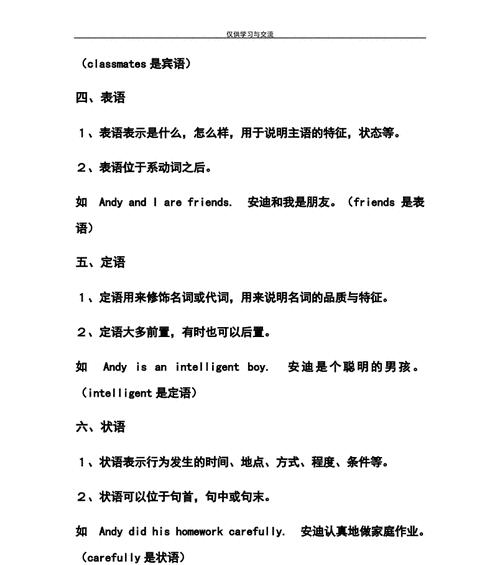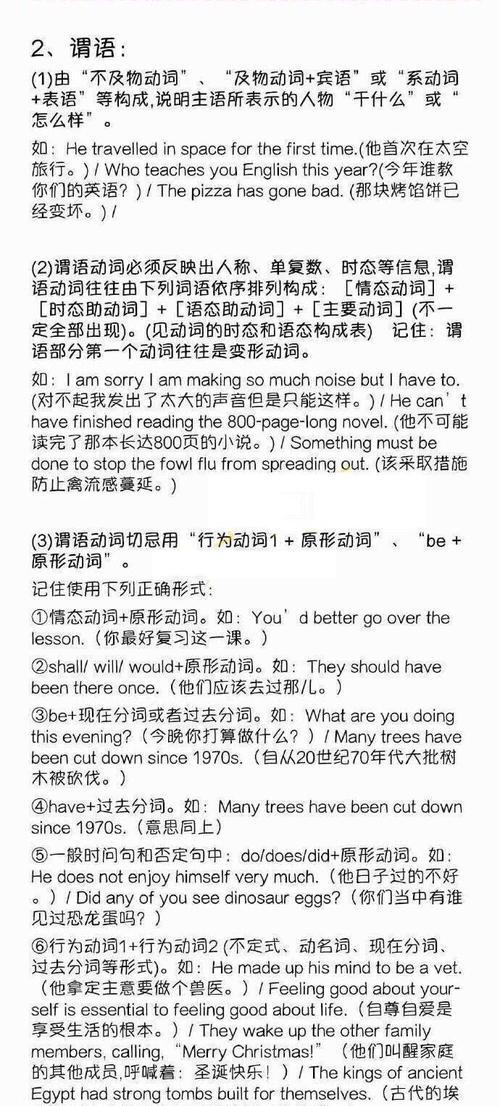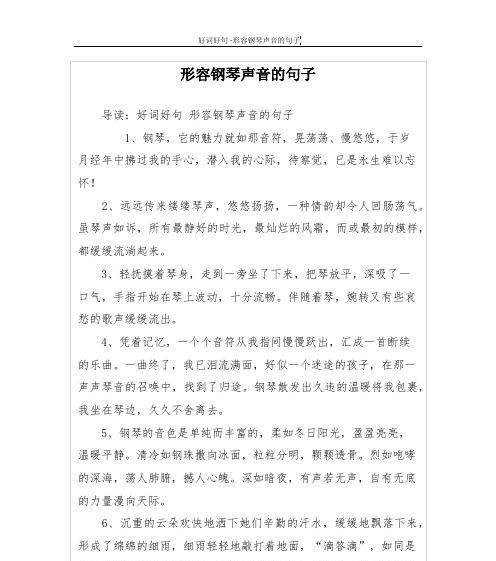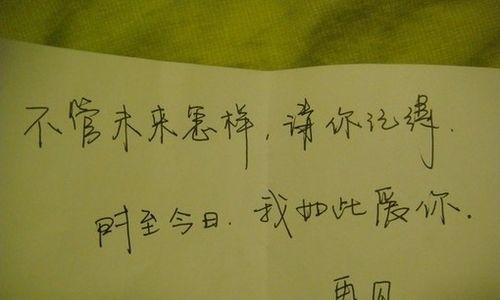Subheading:UnleashingthePowerofLanguagewithAestheticSentenceComponents
Introduction:
Languageisapowerfultoolthatcanevokestrongemotionsandpaintvividimagesinthemindsofreaders.Aestheticsentencesareanessentialpartofwritingthatcancreateabeautifulandcaptivatingexperienceforreaders.Inthisguide,wewillexplorethedifferentcomponentsofaestheticsentencesandhowtousethemtocraftmemorablephrases.
1.Adjectives:
Adjectivesaredescriptivewordsthataddcoloranddetailtonouns.Choosingtherightadjectivescanmakeasentencemorevividandengaging.Forexample,insteadofsaying"theskyisblue,"youcouldsay"theskyisabrilliantshadeofcerulean."
2.Verbs:
Verbsareactionwordsthataddmovementandenergytosentences.Strongverbscanmakeasentencemoredynamicandmemorable.Forexample,insteadofsaying"heran,"youcouldsay"hesprintedwithlightningspeed."
3.Adverbs:
Adverbsmodifyverbs,adjectives,orotheradverbstoaddemphasisorclarifymeaning.Theycanadddepthandnuancetoasentence.Forexample,insteadofsaying"shesangwell,"youcouldsay"shesangbeautifullyandsoulfully."
4.Similes:
Similescomparetwothingsusing"like"or"as."Theycreatevividimagesinreaders'mindsandmakeasentencemorememorable.Forexample,insteadofsaying"themoonisbright,"youcouldsay"themoonisasbrightasasilverdollar."
5.Metaphors:
Metaphorscomparetwothingswithoutusing"like"or"as."Theycreateapowerfulimagebysuggestingasimilaritybetweenthetwothings.Forexample,insteadofsaying"hervoiceisbeautiful,"youcouldsay"hervoiceisasymphonyofangels."
6.Personification:
Personificationgiveshumanqualitiestonon-humanobjectsoranimals.Itcanaddasenseofwhimsyandplayfulnesstoasentence.Forexample,insteadofsaying"thewindblew,"youcouldsay"thewinddancedthroughthetrees."
7.Alliteration:
Alliterationistherepetitionofconsonantsoundsatthebeginningofwordsinasentence.Itcancreateasenseofrhythmandmusic.Forexample,insteadofsaying"thecatwalkedquietly,"youcouldsay"thecunningcatcreptcarefully."
8.Onomatopoeia:
Onomatopoeiaistheuseofwordsthatimitatesounds.Itcancreateasenseofimmediacyandrealisminasentence.Forexample,insteadofsaying"thecarhonked,"youcouldsay"thecarblareditshorn."
9.Hyperbole:
Hyperboleisanexaggerationusedtomakeapointorcreateaneffect.Itcanaddhumorandemphasistoasentence.Forexample,insteadofsaying"I'mtired,"youcouldsay"I'msoexhaustedIcouldsleepforayear."
10.Repetition:
Repetitionistheuseofthesamewordorphrasemultipletimesinasentenceorparagraph.Itcancreateasenseofemphasisorrhythm.Forexample,insteadofsaying"therainfell,"youcouldsay"therainfellsoftly,steadily,andpersistently."
11.Parallelism:
Parallelismistherepetitionofgrammaticalstructuresinasentenceorparagraph.Itcancreateasenseofbalanceandsymmetry.Forexample,insteadofsaying"Ilikereading,writing,andtohike,"youcouldsay"Ilikereading,writing,andhiking."
12.Antithesis:
Antithesisistheuseofcontrastingideasorwordsinasentence.Itcancreateasenseoftensionordrama.Forexample,insteadofsaying"thenightwasquiet,"youcouldsay"thenightwassilent,butthestarswereshoutingtheirbrilliance."
13.Imagery:
Imageryistheuseofvividandsensorylanguagetocreateamentalpictureinreaders'minds.Itcanmakeasentencemorememorableandimmersive.Forexample,insteadofsaying"theflowerwasred,"youcouldsay"thescarletpetalsglowedlikeembersinthesun."
14.Symbolism:
Symbolismistheuseofobjectsorimagestorepresentabstractideasorconcepts.Itcanadddepthandmeaningtoasentence.Forexample,insteadofsaying"theflagrepresentsfreedom,"youcouldsay"theflutteringflagsymbolizesthehard-wonstrugglesforliberty."
15.Irony:
Ironyistheuseoflanguagethatconveysameaningoppositetoitsliteralmeaning.Itcancreateasenseofhumororatwistinthenarrative.Forexample,insteadofsaying"helivedhappilyeverafter,"youcouldsay"hethoughthehaditall,buthewasinforarudeawakening."
16.Juxtaposition:
Juxtapositionistheplacementoftwocontrastingideasorimagessidebyside.Itcancreateasenseofironyorsurprise.Forexample,insteadofsaying"thedaywashotandsticky,"youcouldsay"theicecreammeltedintheswelteringheat."
17.Allusion:
Allusionisthereferencetoawell-knownperson,place,event,orworkofliteratureinasentenceorparagraph.Itcancreateasenseofdepthandculturalresonance.Forexample,insteadofsaying"shewasverywise,"youcouldsay"shewaslikeAthena,goddessofwisdom."
18.Euphemism:
Euphemismistheuseofmildorindirectlanguagetoavoidharshorunpleasantwordsortopics.Itcancreateasenseofpolitenessordiplomacy.Forexample,insteadofsaying"hedied,"youcouldsay"hepassedawaypeacefully."
19.Chiasmus:
Chiasmusistherepetitionofwordsorphrasesinreverseorderinasentenceorparagraph.Itcancreateasenseofsymmetryandbalance.Forexample,insteadofsaying"asknotwhatyourcountrycandoforyou,askwhatyoucandoforyourcountry,"youcouldsay"youcandoforyourcountrywhatyourcountrycandoforyou."
20.Anaphora:
Anaphoraistherepetitionofawordorphraseatthebeginningofsuccessivesentencesorclauses.Itcancreateasenseofemphasisorrhythm.Forexample,insteadofsaying"Ilikepizza.Ilikeicecream.Ilikehamburgers,"youcouldsay"Ilikepizza.Ilikeicecream.Ilikehamburgers.Ilikefood!"
21.Epistrophe:
Epistropheistherepetitionofawordorphraseattheendofsuccessivesentencesorclauses.Itcancreateasenseofemphasisorclosure.Forexample,insteadofsaying"wewillfightforjustice,wewillfightforfreedom,wewillfightforequality,"youcouldsay"wewillfightforjustice,wewillfightforfreedom,wewillfightforequality.Wewillnevergiveup."
22.Polysyndeton:
Polysyndetonistheuseofconjunctions(suchas"and"or"or")repeatedlyinasentenceorparagraph.Itcancreateasenseofmomentumoraccumulation.Forexample,insteadofsaying"Iateasandwichandchipsandsalad,"youcouldsay"Iateasandwichandchipsandsaladandfruitandcookiesandmilk."
23.Asyndeton:
Asyndetonistheomissionofconjunctionsinasentenceorparagraph.Itcancreateasenseofspeedorurgency.Forexample,insteadofsaying"Iboughtbreadandmilkandeggs,"youcouldsay"Iboughtbread,milk,eggs."
24.Rhetoricalquestions:
Rhetoricalquestionsarequestionsthatarenotmeanttobeansweredbuttoprovokethoughtoremphasizeapoint.Theycancreateasenseofengagementorcuriosity.Forexample,insteadofsaying"it'sabeautifulday,"youcouldsay"isn'titabeautifulday?"
25.Conclusion:
Aestheticsentencesareanessentialpartofwritingthatcanmakeasentencemorememorableandengaging.Byusingthedifferentcomponentsofaestheticsentences,writerscancreatebeautifulandpowerfulphrasesthatevokestrongemotionsandpaintvividimagesinreaders'minds.Withpracticeandexperimentation,anyonecanunleashthepoweroflanguageandcreatetheirownaestheticsentences.
TheAllureofBeautifulSentences
ExploringtheBeautyofEnglishSentences
英语是世界上最广泛使用的语言之一,它有着丰富的语法和词汇。在英语中,许多句子都具有独特的美感,这些唯美句子由词汇、语法和表达方式构成。在本文中,我们将探讨英语句子的组成成分,以了解如何构建优美的英语句子。
一:
词汇是英语句子中最基本的成分。每个词都有自己的含义和用法,可以在不同的语境中使用。“serendipity”一词表示意外发现美好事物的能力。它可以用来描述在人们不期望的情况下发现美好事物的能力。
二:
动词是英语句子中最重要的成分之一。动词用于表示一个行为或状态,并决定其他成分在句子中的位置。“run”这个动词可以用来描述一个人在慢跑或疾走。
三:
名词是英语句子中最常见的成分之一。名词用来表示一个人、地点、事物或概念。“hope”这个名词可以用来描述人们对未来的期望和愿望。
四:
形容词用于描述名词。它可以改变名词的含义和语义。“beautiful”这个形容词可以用来形容一个人或事物的美丽和吸引力。
五:
副词用于修饰动词、形容词或其他副词。它可以改变这些成分的含义和语义。“serenely”这个副词可以用来描述一个人平静的表情和内心。
六:
代词用于代替名词,以避免重复使用。“he”或“she”这些代词可以用来代替一个人的名字。
七:
冠词用于限定名词的范围和数量。“a”或“an”这些冠词可以用来限定名词的数量。
八:
介词用于表示一个名词与其他元素之间的关系。“in”或“on”这些介词可以用来描述一个物体在空间中的位置。
九:
连词用于连接两个句子或成分。“and”、“or”或“but”这些连词可以用来连接两个句子或两个成分。
十:
感叹句用于表达强烈的情感或惊讶。“OhmyGod!”这个感叹句可以用来表达惊讶和震惊。
十一:
倒装句是一种特殊的语法结构,它将句子中的主语和谓语颠倒。“NeverhaveIseensuchabeautifulsunset”这个倒装句可以强调“我从未见过如此美丽的日落”。
十二:
主谓宾结构是英语中最常见的句子结构。它由一个主语、一个谓语动词和一个宾语组成。“Iloveyou”这个句子是由主语“我”、谓语动词“爱”和宾语“你”组成的。
十三:
被动语态用于强调动作的接受者而非执行者。“ThebookwaswrittenbyJohn”这个被动语态句子强调了书籍的作者。
十四:
复合句由两个或更多简单句子组成,它们通过连词连接在一起。“Iamreadingabook,whichIboughtyesterday”这个复合句包含了两个简单句子。
十五:
定语从句用于描述或限定名词。“Thebook,whichIamreadingnow,isveryinteresting”这个定语从句描述了书籍的状态和读者的行为。
十六:
状语从句用于描述或限定动词、形容词或副词。“Iamhappythatyouarehere”这个状语从句描述了原因和结果。
十七:
并列句由两个或更多的句子组成,它们之间使用逗号、分号或连词分隔。“Iamhappy,andyouarehappy”这个并列句由两个简单句子组成。
十八:
反问句用于询问别人的意见或确认一个问题。“Isn'titabeautifuldaytoday?”这个反问句询问别人对天气的看法。
十九:
感叹句用于表达强烈的情感或惊讶。“Whatabeautifulsunset!”这个感叹句表达了对日落美景的惊叹和赞美。
二十:
比较级和最高级用于比较两个或多个事物之间的程度或差异。“Thisbookismoreinterestingthanthatone”这个比较级句子比较了两本书的兴趣程度。
二十一:
省略句是一种省略成分的语法结构,使句子更加简洁。“Goingtothestore.Needanything?”这个省略句中省略了主语和谓语动词。
二十二:
借物主语结构用于描述一个人或事物的性质或特征。“Hiseyeswerelikeaclearlake”这个句子中使用了借物主语结构来描述眼睛的颜色和清澈度。
二十三:
反复句用于强调某个观点或想法。“Iwillnevergiveup,neversurrender”这个反复句表达了坚定的信念和决心。
二十四:
排比句用于列举事物或观点,使句子更加生动有趣。“Icame,Isaw,Iconquered”这个排比句列举了三个行动,强调了胜利的重要性。
二十五:
美丽的英语句子由多种成分构成,包括词汇、动词、名词、形容词、副词、代词、冠词、介词、连词、感叹句、倒装句、主谓宾结构、被动语态、复合句、定语从句、状语从句、并列句、反问句、比较级和最高级、省略句、借物主语结构、反复句和排比句。了解这些成分可以帮助我们更好地构建美丽的英语句子。

